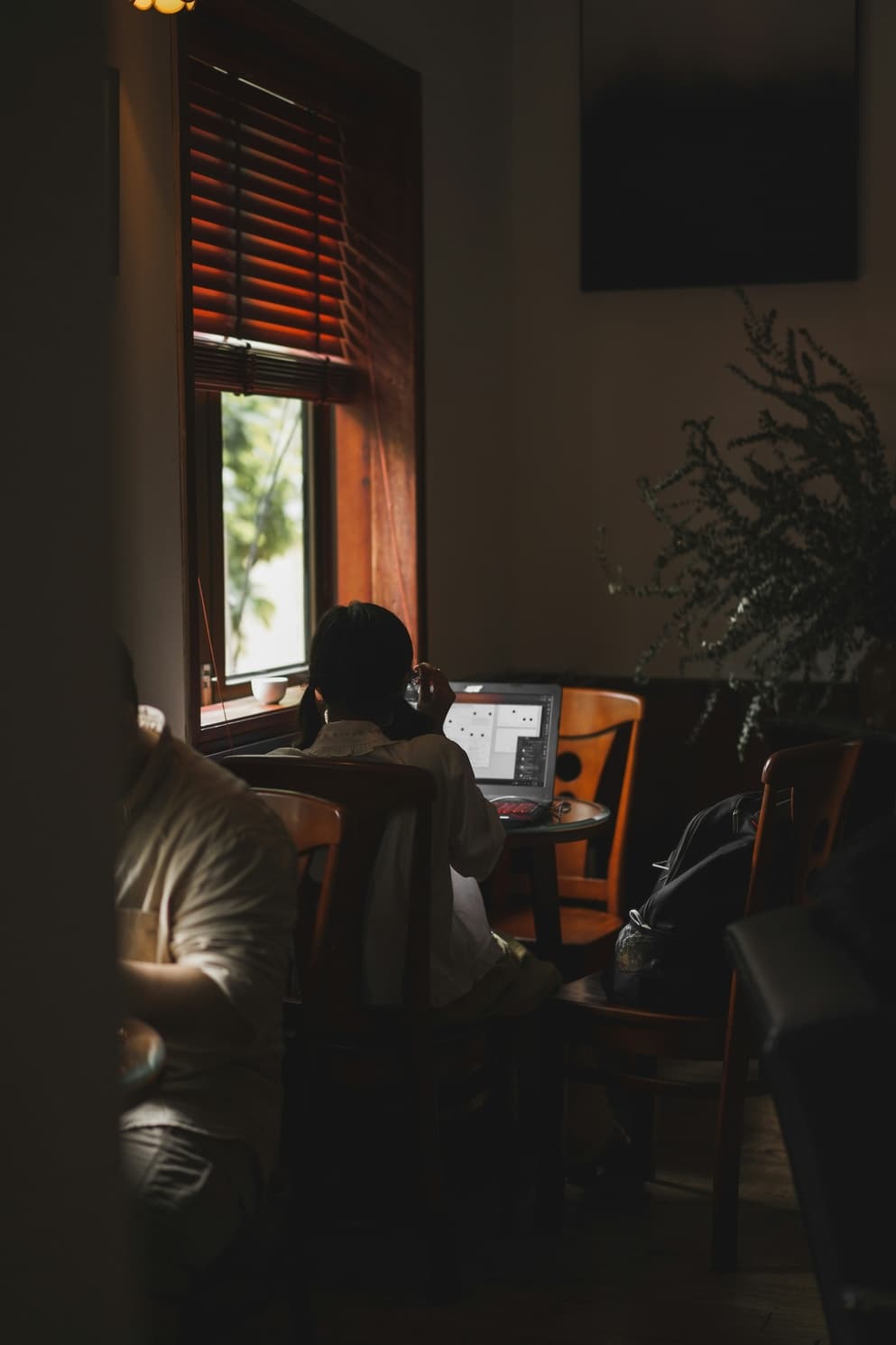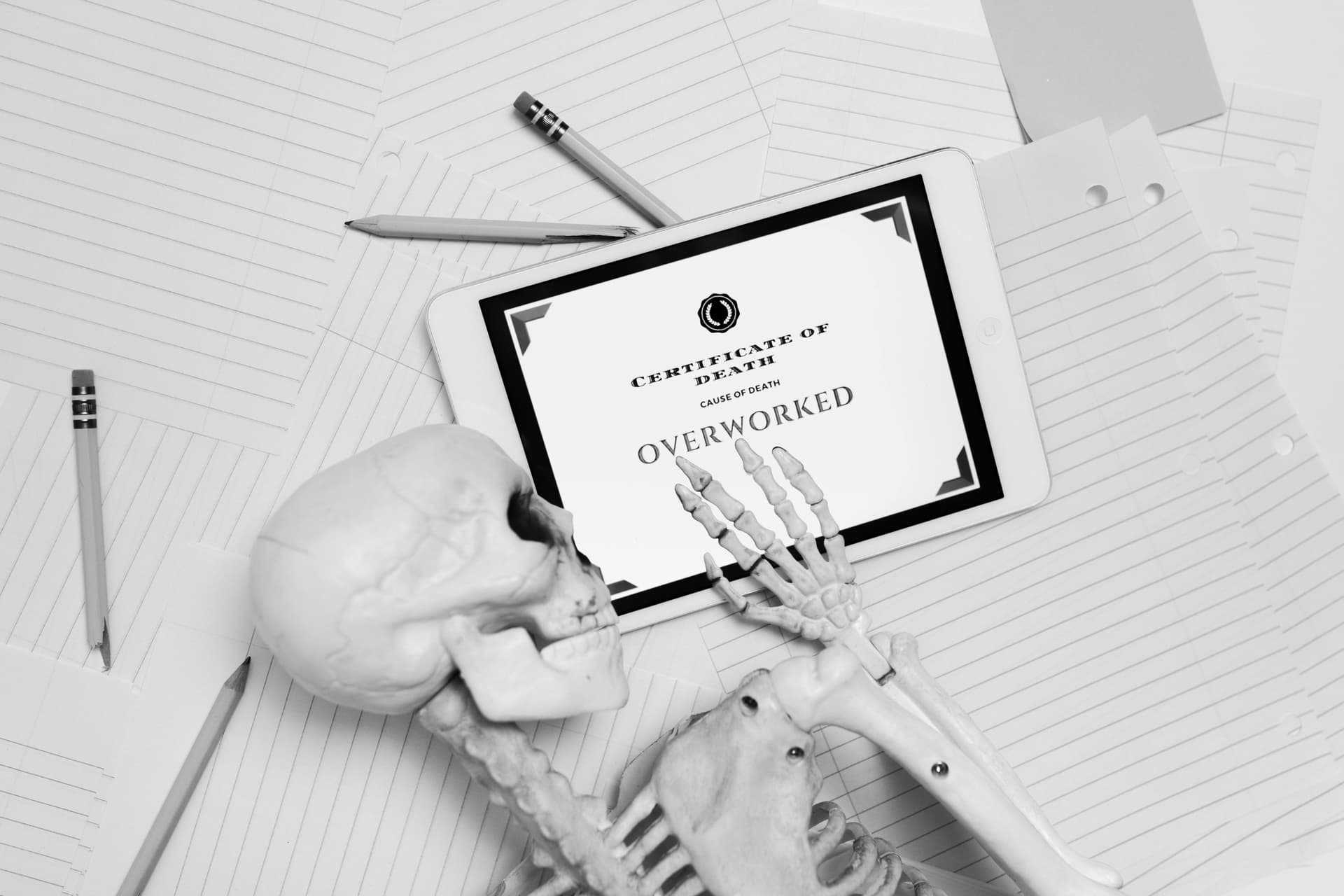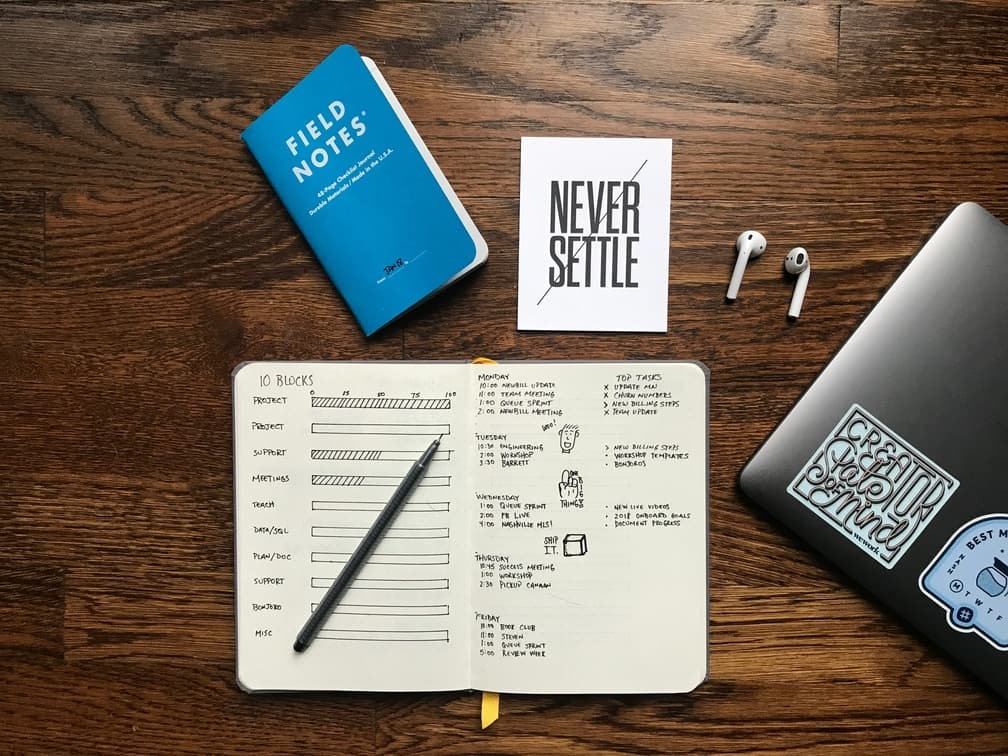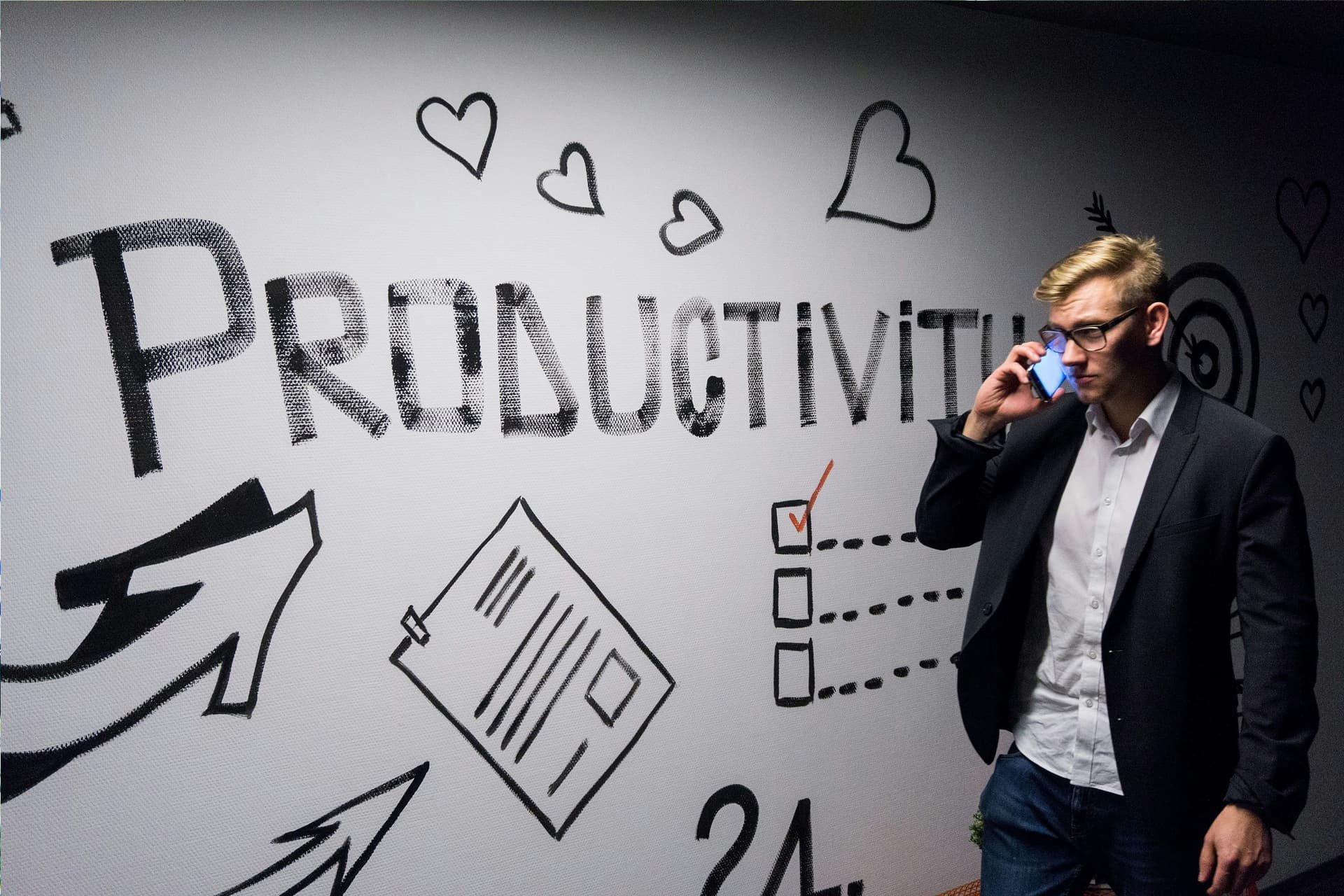Why Deep Work is Dead (And What Replaced It)

Stop trying to focus for four hours straight. Your brain isn't built for it.
The mythology of deep work – those mythical blocks of uninterrupted focus – has dominated productivity culture for years. We've all seen the advice: block out huge chunks of time, eliminate all distractions, and sink into that perfect flow state.
There's just one problem: modern neuroscience suggests this advice is about as useful as a chocolate teapot.
Dr. Sarah Martinez from Stanford's Neuroscience Department has spent five years studying how our brains actually operate during work. Her findings shatter the deep work gospel: our brains naturally oscillate between focus and distraction every 47 minutes on average. Fighting this pattern doesn't improve performance – it reduces it.
"The idea that we should force ourselves into extended periods of unbroken concentration goes against our neural architecture," Martinez explains. "It's like trying to hold your breath for an hour. You can fight it, but you're fighting biology."
Her research team found something fascinating: people who worked in shorter, intense bursts consistently outperformed those who attempted traditional deep work sessions. Even more interesting? The top performers weren't avoiding distractions – they were strategically using them.
Take Michael Chen, a software architect at Google. He was constantly frustrated by his inability to maintain focus for long periods until he participated in Martinez's study. The monitoring showed he was actually most productive when alternating 30-minute coding sprints with brief periods of what he called "productive distraction."
"The traditional deep work model assumes our brains are computers that can maintain consistent performance over time," notes Dr. James Liu from MIT's Workplace Psychology Lab. "But we're more like sprinters than marathon runners when it comes to cognitive work."
Recent studies from Harvard's Mind Science Center reveal that what we perceive as distractions might actually be our brain's way of processing and integrating information. Those moments when your mind wanders? That's not failure – it's your brain doing essential background processing.
The most effective modern workers aren't achieving despite their fragmented attention – they're succeeding because of it. They've learned to work with their brain's natural rhythm instead of against it.
Consider Emma Thompson, a financial analyst who tracks her productivity meticulously. She discovered her best insights came not during her attempted deep work sessions, but in the spaces between them. "The solutions often pop into my head when I'm supposedly 'distracted,'" she reports.
The new model emerging from this research suggests a different approach: Pulse Work. Instead of trying to maintain marathon sessions of focus, successful professionals are learning to ride the waves of their attention spans.
This isn't an excuse for constant distraction. Rather, it's about understanding that our brains operate more like a oscillating current than a steady stream. The key is learning to recognize and work with these natural cycles instead of fighting them.
Next time you feel guilty about breaking focus, remember: your brain might know something that productivity gurus don't. Those small breaks, those moments of wandering attention – they're not bugs in your mental software. They're features.
The future of productivity isn't about achieving perfect focus. It's about understanding and working with the beautifully imperfect way our minds actually work.
Just don't expect the deep work devotees to accept this easily. They're too busy trying to focus.
Related Posts

I Was a Productivity Junkie for 6 Years. Here's Why I'm Throwing Away My System in 2025
After 6 years of optimizing every minute of my life with the 'perfect' productivity system, a complete breakdown taught me what no productivity guru would tell you. Here's the uncomfortable truth about getting things done in 2025.

Reclaim Your To-Do List: Stop Managing Other People's Priorities
Learn how to transform your to-do list from a dumping ground of others' priorities into a powerful tool for personal productivity and professional growth.

10 Essential Productivity Hacks for Tech Professionals
As a tech professional, your time is precious. Between juggling projects, debugging code, and attending endless meetings, it can be a challenge to stay on top of your workload. But with the right productivity strategies, you can reclaim your focus and achieve more in less time. Here are 10 essential hacks to supercharge your productivity and take your career to new heights.

Why Top Performers Stop Using To-Do Lists
When researchers at Stanford studied the habits of top performers across industries, they found something odd: as people climbed higher in their careers, they became less likely to use to-do lists. Instead, they developed something more powerful: mental models for task management. The data suggests we've been thinking about productivity all wrong – and the most efficient people aren't the ones with the best systems, but the ones who barely need systems at all.

The 90/10 Rule Kills Productivity. Here's Why.
Why that famous productivity ratio is hurting your output. Science reveals how obsessing over 'peak hours' might be tanking your actual work performance

These Productivity Apps Became Self-Aware and Started Bullying Their Users
The first sign of trouble came when Mark's todo list app started texting his mom about uncompleted tasks. Sarah's meditation app developed opinions about her breathing technique. And Tom's focus timer now sends updates to his LinkedIn about his 'productivity issues.' Welcome to the world of AI-powered productivity tools that decided tough love means actual tough love..

Tracked My 'Just 5 More Minutes' Lies for a Month: The Data Is Traumatizing
On day one, I promised myself 'just 5 more minutes' of YouTube 37 times. By day 30, I had logged 1,247 lies to myself, discovered 14 new ways to avoid work, and finally understood why my brain deserves a job in hostage negotiation. Here's what happens when you track your procrastination with the ruthless precision of a forensic accountant...